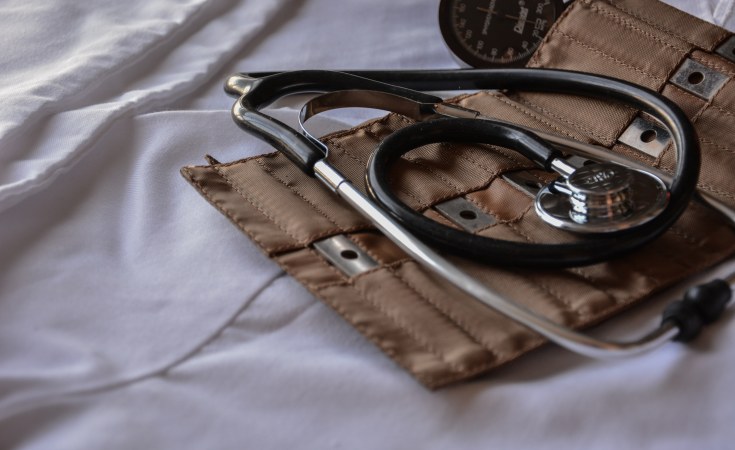The NARD said its National Executive Council (NEC) will decide on the timelines set in the content of the MoU.
Nigeria's striking doctors' union said it has signed a Memorandum of Understanding with the federal government, and that the timelines set in the agreement will be reviewed by its National Executive Council.
The National Association of Resident Doctors (NARD) commenced a five-day warning strike in the early hours of Wednesday following the failure of the Nigerian government to meet its demands.
But speaking with PREMIUM TIMES on Saturday evening, the President of NARD, Emeka Orji, said representatives of the association on Friday met with the Senate Committee on Health, the House of Representatives Committee on Health and the Minister of Labour and Employment, Chris Ngige, to deliberate on their demands.
MoU signing
Mr Orji said his association's National Executive Council (NEC) will decide on the timelines set in the content of the MoU, thus indicating that the strike would continue until a decision by the NEC or until Monday when the five-day warning strike ends.
"The meeting was to deliberate the issues tabled before the government and at the end of the meeting, the government agreed to some of our demands and put a timeline on when they will be implemented and for some others, they did not approve of which they offered some explanations," he said.
He said the MoU was signed by every representative at the meeting.
"The MoU also note that NARD officers present at the meeting will take the MoU back to the NEC of NARD that has the power to give further directives after analysing the MoU."
He said the MoU can either be accepted by NEC, partly rejected, or rejected in totality.
Doctors' demands
The doctors, among other issues, are demanding the immediate payment of the 2023 Medical Residency Training Fund (MRTF), tangible steps on the "upward review" of the Consolidated Medical Salary Structure (CONMESS) and payment of all salary arrears owed its members since 2015.
The doctors also want immediate massive recruitment of clinical staff in the hospitals and abolishment of the bureaucratic limitations to the immediate replacement of doctors and nurses who leave the system.
They also want the immediate review of hazard allowance by all the state governments as well as private tertiary health institutions where any form of residency training is done.
About resident doctors
The resident doctors comprise the bulk of medical personnel in Nigeria's tertiary hospitals; hence health activities are mostly crippled when they are on strike.
PREMIUM TIMES earlier reported how the strike has disrupted health services across public tertiary hospitals in Nigeria.


